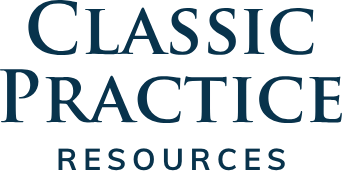1. If you ask patients whom you are trying to schedule an open‐ended question and get a ʺnoʺ answer, you will have almost no chance to get them to change their mind, especially on the telephone. So, donʹt word your questions to open yourself to a ʺnoʺ or wrong answer.
2. Your most difficult patients to schedule are those who do not communicate as well as others. Thus, it is harder to discover their objections to scheduling. If you can get them to communicate their resistance, then you have an excellent chance to handle it.
3. If you can communicate long enough and well enough, so the patient really gets a clear picture of the final result of the treatment in their minds’ eyes, then you have almost completely succeeded.
4. Many people have a very real fear of the dentist and it is vital that you determine who these people are. They are not only afraid of the dental treatment; they are more afraid of making a mistake, especially on something they are making payment for. The more money there is involved, the more they are afraid. So, make sure you support and validate their good decision to go ahead and proceed.
5. Iʹve heard that a disgruntled patient will communicate an upset with the office to an average of eleven other people. Therefore, you must make an extra effort to satisfy any disgruntled, upset patient. Thus, locating unhappy patients via your recall program and mending their upsets can have a very large and positive effect on your practice in terms of public relations.
6. People with objections thrive on opposition, so it does no good to verbally butt heads or argue with them. Your most powerful and workable technique is to learn how to properly acknowledge them and see things from their viewpoint without abandoning yours.



